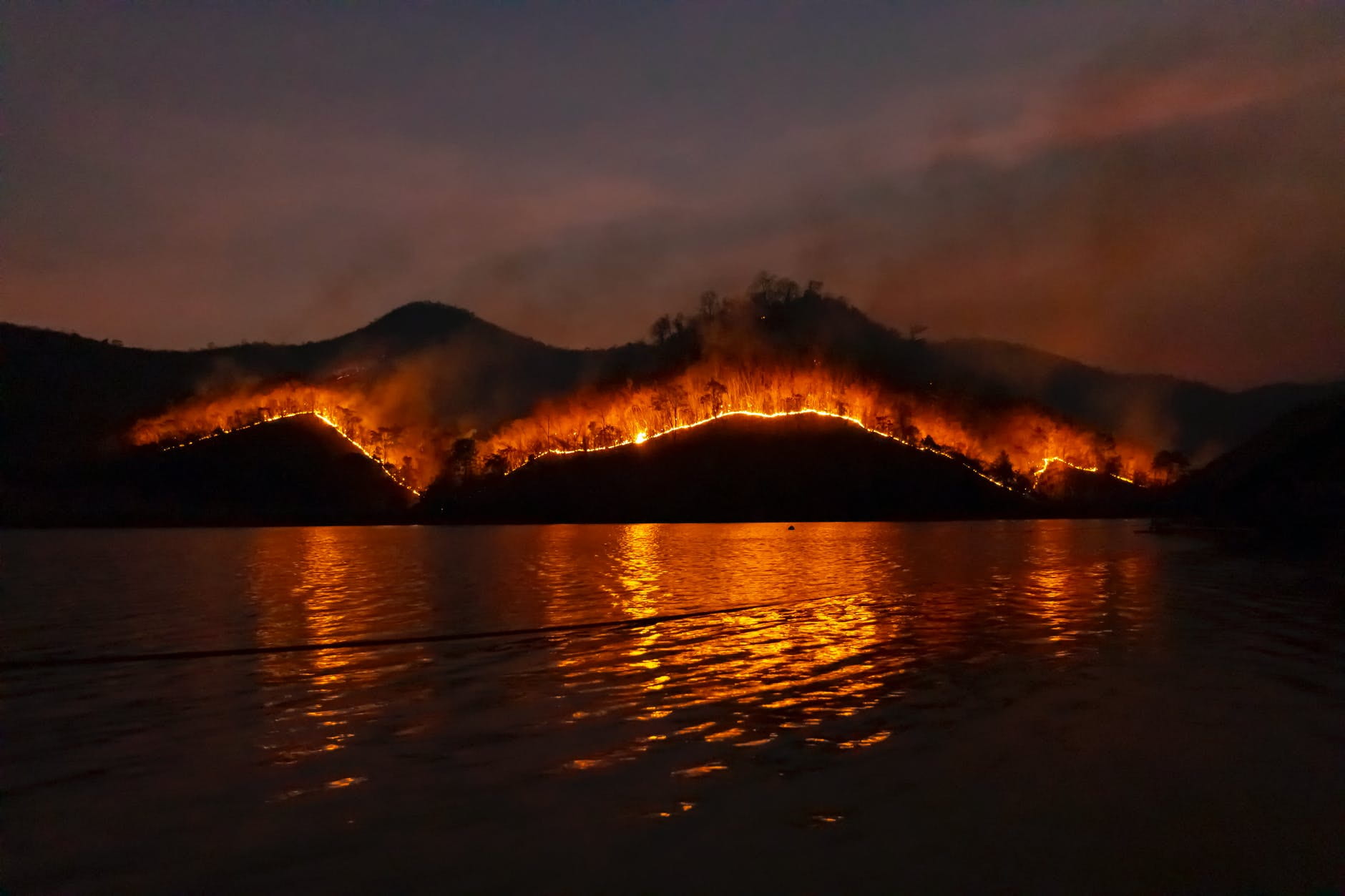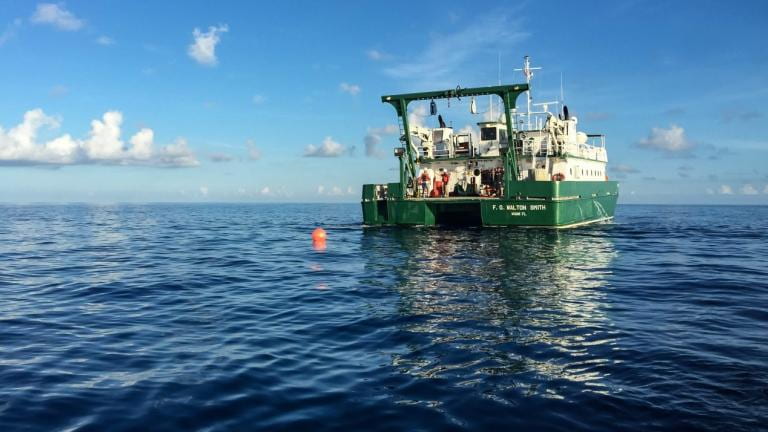By Sarah Kaplan and Brady Dennis
There are millions of tips out there on “The weather of the past will not be the weather of the future,” says a NOAA scientist. “As long as we are emitting greenhouse gases at a historically unprecedented rate, we should expect this change to continue.”
Scores of studies presented this week at the world’s largest climate science conference offered an unequivocal and unsettling message: Climate change is fundamentally altering what kind of weather is possible, and its fingerprint can be found in the rising number of disasters that have claimed lives and upended livelihoods around the world.
Record-shattering heat waves, devastating floods, scorching wildfires and persistent droughts are among the litany of catastrophes scientists say they can definitively link to human activities — primarily the burning of fossil fuels.
Read full article: https://www.washingtonpost.com/climate-environment/2021/12/17/climate-change-extreme-weather-future/


